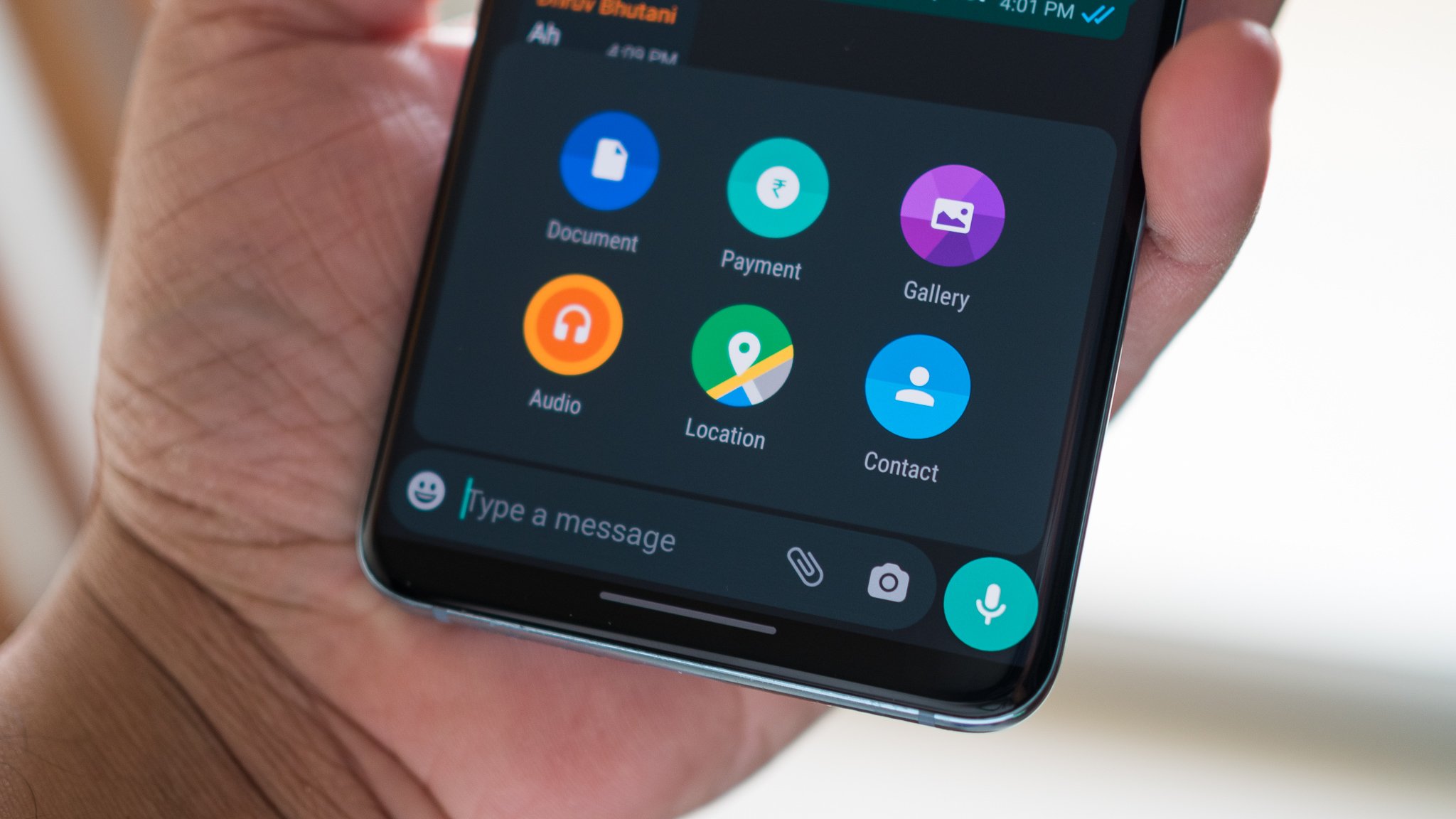Messaging has become the backbone of modern communication, and two titans stand out in the crowd: WhatsApp and Telegram. As you navigate the digital realms of instant messaging, choosing the right platform can significantly impact your communication experience. Let's delve into the nuances of WhatsApp and Telegram, weighing their features, privacy aspects, user experience, and more.
1. Introduction
In a world flooded with messaging apps, WhatsApp and Telegram lead the pack. Both claim millions of users, each vying for the coveted title of the superior messaging platform. But how do you choose between them? Let's break down the key factors.
2. User Experience: Ease of Use

WhatsApp's Interface
WhatsApp greets users with a familiar, user-friendly interface. Navigating chats, calls, and settings is a breeze, making it an ideal choice for those seeking simplicity.
Telegram's Advantages
Telegram takes the user experience up a notch. Beyond a sleek interface, it offers seamless syncing across multiple devices, allowing you to chat from your phone, tablet, or computer effortlessly.
Implementation Tip: Test both apps on various devices to assess the ease of use.
3. Features Comparison

File Sharing Capabilities
WhatsApp and Telegram share the basics—text, voice, and video. However, when it comes to sharing files, Telegram steals the spotlight. With a whopping 2 GB limit, it outshines WhatsApp, which imposes constraints on media file sizes.
Secret Chats on Telegram
Privacy enthusiasts, take note. Telegram introduces "secret chats," end-to-end encrypted conversations with self-destruct timers. WhatsApp, while encrypting all messages, lacks this extra layer of privacy control.
Implementation Tip: Experiment with file sharing on both apps and explore Telegram's secret chat feature.
4. Privacy Matters
Telegram's Independent Stand
Privacy concerns loom large in the digital age. Telegram, as an independent and non-profit entity, takes a stand against data exploitation. It doesn't sell or share your data, and it uses a distributed cloud network for added security.
Data Storage Practices
Contrastingly, WhatsApp, owned by Facebook, has faced scrutiny for data practices. It stores messages on servers, a practice that raises eyebrows given Facebook's history of privacy controversies.
Implementation Tip: Familiarize yourself with the privacy policies of both apps.
5. Popularity Contest
WhatsApp's Massive User Base
Popularity often implies reliability and a diverse user base. WhatsApp, with over 2 billion monthly active users, holds the crown as the most popular messaging app globally.
Telegram's Growing Presence
While Telegram boasts a respectable 400 million monthly active users, it trails behind WhatsApp. The sheer numbers impact community diversity and potential interaction.
Implementation Tip: Consider the user base when assessing potential reach.
6. Conclusion
In the WhatsApp vs Telegram duel, the right choice hinges on personal priorities. If simplicity and a massive user base appeal to you, WhatsApp is the go-to. On the flip side, if features, privacy, and security top your list, Telegram emerges as the victor. You might even choose both, leveraging their strengths for different communication needs.
In the end, the choice is yours. As you embark on your messaging journey, weigh the factors that matter most to you. Whether it's the sleek simplicity of WhatsApp or the feature-rich haven of Telegram, let your messaging experience reflect your priorities.




